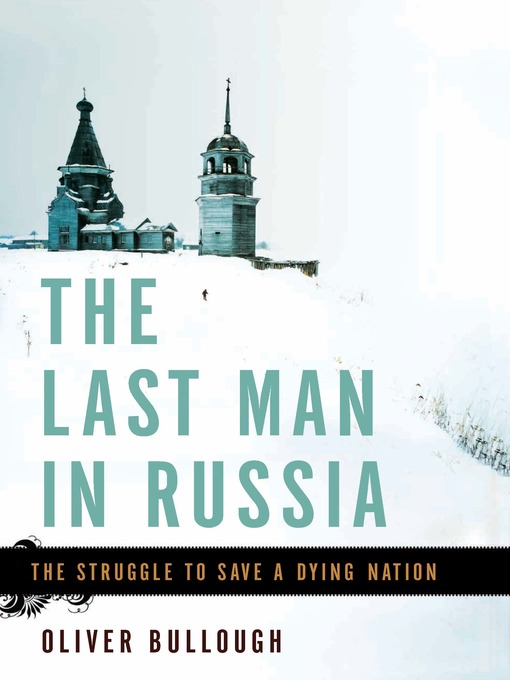- Did You Miss these Ebooks?
- Recently Added Ebooks
- New Kids Additions
- New Teen Additions
- Southern Fiction
- An Antiracism Booklist
- Tiger Rag's Overtime
- Well-Read Black Girl
- 2021 Southern Book Prize
- 2021 Louisiana Book Festival
- See all
- Did You Miss these Audiobooks?
- Recently Added Audiobooks
- New Kids Additions
- New Teen Additions
- AudioFile's Best of 2020
- The Great Courses
- The 2020 Listen List
- 2020 Audie Awards
- Audiobooks 4-8 Hours Long
- Audiobooks Under 4 Hours
- See all
- Southern Life & Style
- News & Current Affairs
- Business & Finance Magazines
- Home & Garden
- Life & Style
- DIY & Hobbies
- Entertainment
- Art, Music & Literature
- Food & Cooking
- Health & Fitness
- See all


